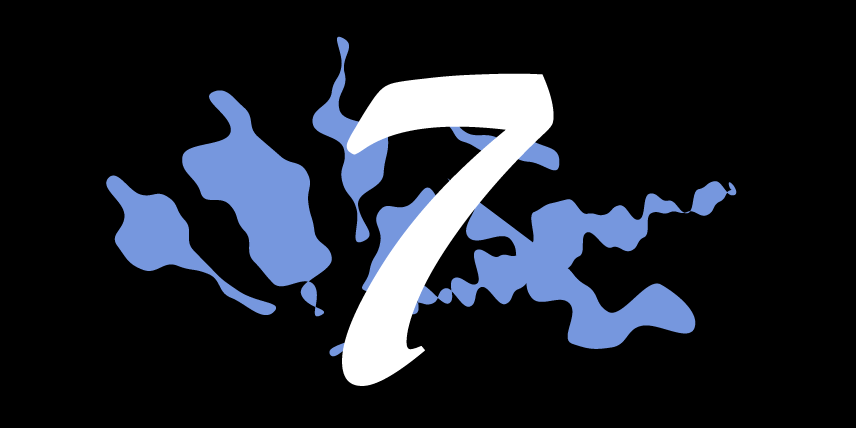blog
blog
Is my lovely cup of tea a cup of tea?
Some time ago there was an advert for, I believe, water filtration of one kind or another, in which a woman of unblemished skin and calm disposition brews herself a cup of enticingly translucent tea in a glass cup, using said water. Her equally impeccable husband, looking on jealously at her newly-steeped beverage says admiringly, “That’s a lovely cup of tea”. To which she archly replies, “Wrong again! It’s my lovely cup of tea.” (I cannot now remember the male partner’s first inaccuracy that made him wrong for the second time – presumably some wrong-headed assumption about water filtration.)
How idiotic, thought the teenage me, as I viewed this advert. Self evidently, a cup of tea is a cup of tea, whether it belongs to her or not. This man should come to his senses and leave his smug filtered-water-tea drinking partner as soon as humanly possible, lest she infect him with her stupidity.
And yet, I now come to ask myself what Gongsun Long would have made of it all.
Gongsun Long, proponent of the School of Names, famously asserted that a white horse is not a horse. What did he mean by this outrageous assertion, and would he therefore have sided with our selfish tea drinker?
白馬非馬也
“White horse is not horse”
Interpretations vary as to the way Gongsun’s logic works, but the gist seems to be that a ‘white horse’ cannot be the same as ‘horse’ in general. As he explains, if you only wanted a white horse, and you asked for ‘horse’, you might end up with a black or yellow horse, which would demonstrably be a different thing from a ‘white horse’. Whether this is a pedantic party trick or a deeper philosophical point depends on your point of view.
Whalen Lai describes the logic above as being consistent with a Buddhist approach to reasoning, which avoids positive assertions about what something is because that would imply that there is an essence to it. An item is defined as what you are left with when everything that is not that item is excluded. ‘White horse’ excludes everything that is non-white AND everything that is non-horse, whereas ‘horse’ only excludes things that are non-horse. Therefore, logically and mathematically, ‘white horse’ does not equal ‘horse’ and Gongsun Long’s statement holds.
So in this sense, our self-satisfied tea drinker may in fact be on the money, philosophically-speaking. ‘My lovely cup of tea’ excludes everything non-lovely, everything non-tea and everything non-mine, whereas the dullard husband in his innocence is only excluding everything non-lovely and non-tea. My lovely cup of tea is not a lovely cup of tea; they cannot be the same thing. She of the calm disposition is perhaps a thoroughgoing Buddhist.
But is the tea-admirer really wrong to say it is a lovely cup of tea? This is where things get a little dicey. Would even Gongsun Long argue with someone who pointed to a horse and said ‘that is a horse’? Surely he could not retort, ‘Wrong again – that is a white horse’. The whole question of nomenclature and categorisation seems to break down as soon as you introduce a definite reference. And we clearly have a very definite reference here – the translucent tea shimmering in its glass cup, which hubby references with ‘that’.
On reflection, thoroughgoing Buddhist or proponent of the School of Names though she may be, the lady in the advert cannot with justification gainsay her husband’s description of the tea. He is not wrong to describe it as a lovely cup of tea (assuming it is lovely). From a technical standpoint, husband’s characterisation of the tea as ‘a’ cup of tea need not change just because it has an owner attached. Were a third person to walk into the room, he could continue to describe it as ‘a cup of tea’ without risking inaccuracy.
But let us be more charitable to the tea-hoarding water-filterer. ‘My cup of tea’ has the important quality of being assigned to a particular person – the speaker. The use of the indefinite article in ‘a cup of tea’ does tend to imply that it is generic, unassigned and, therefore, in some sense opposed to her ownership. ‘A cup of tea’ is up for grabs, while ‘my cup of tea is not,’ Therefore, while her ‘wrong again’ might be logically misplaced, it might well be morally justified – for all we know her husband is a serial tea appropriator, gleefully taking possession of all teas he encounters unless explicitly reframed as a possession.
Ultimately, the problem here comes down to a quirk of English usage. Had husband walked into the room and said, redundantly, ‘that is a cup of tea’, she could perhaps have retorted ‘that is my cup of tea’, correcting the husband with some justification, since ‘a cup of tea’ very definitely implies it’s going begging. (Even then, ‘wrong again’, would be factually incorrect). However, since it would be quite strange in English to say ‘That is your lovely cup of tea’ as an opening gambit, I conclude that husband was giving a very standard compliment and the tea-drinking lady misinterpreted it disingenuously, in full knowledge of the natural reading of his sentence. Logic is not on her side, even of the Gongsun Longian or Buddhist kind (and how a Buddhist feels about ownership of a cup of tea is another question). However – and this is a message through time to my teenage self – her response is probably fine on grounds of poetic license, humour, morality or any number of alternative perspectives to strict logic.
This concludes my exploration into an advert of the 90s, probably concocted at speed by some busy advertising copywriter and which for some reason has lodged in my mind.
Sources and Further Reading
If you liked this, you might enjoy…

